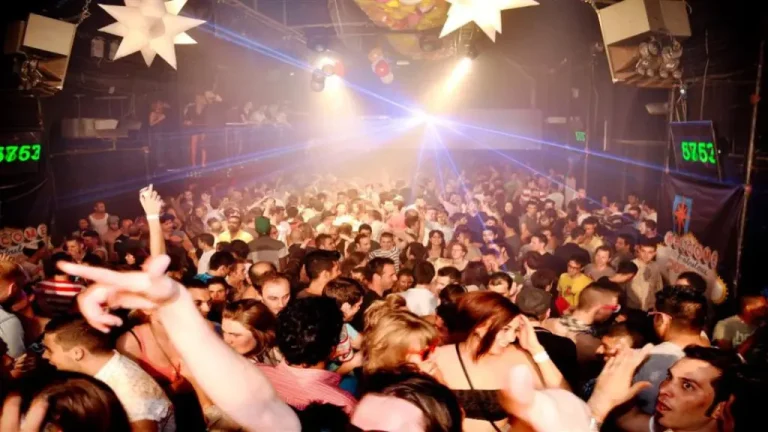In the shifting sands of 1980s and 90s London nightlife, few venues held as much significance, glamour, and sheer cultural weight as Heaven. Located beneath the arches of Charing Cross station, this club was a sanctuary, a launchpad for musical revolutions, and—surprisingly—a battleground in one of the most infamous corporate wars in British history.
This is the story of a club that didn’t just host parties; it shaped the capital’s sound and stood as a symbol of defiance.
The True Genesis: Bringing US House Across the Atlantic
Before the term “Superclub” was coined, Heaven was laying the foundation for modern UK dance culture. While Hard House was brewing in the Midlands and deep within the London after-hours scene, Heaven served a vital role: acting as a crucial transatlantic pipeline for House Music straight from the USA.
The club was instrumental in hosting legendary early House nights, importing the raw, soul-infused sounds of Chicago and New York. While other venues were still playing electro-pop and commercial tracks, Heaven’s DJs were delivering the underground sounds that would form the basis of all future UK dance genres. The atmosphere was inclusive, electric, and dedicated to the pure, powerful energy of the four-to-the-floor beat, establishing the template for London’s diverse and demanding club culture.
The Simon Cowell Connection
The club’s power to break records and set trends was so legendary that even future music mogul Simon Cowell recognized its influence. In the late 80s and early 90s, when Cowell was still building his empire in pop music, he would reportedly personally request the resident DJs to play his latest tracks, attempting to gain traction and test their viability on London’s most demanding dancefloor. This detail is a powerful testament to Heaven’s role: it wasn’t just a place to party; it was a crucial, unrivalled barometer for mainstream success.
A Beacon of Inclusivity: The Gay Clubbing Epicentre
At its heart, Heaven was, and remains, a globally recognised gay superclub. This identity was key to its success and its political resilience.
In the 80s and 90s, during times of intense social conservatism and prejudice, Heaven served as a powerful, brightly-lit beacon of freedom, acceptance, and spectacular nightlife. The energy of the dance floor—where you yourself may have been dancing in the 90s—was not just about the music; it was about the collective sense of belonging that fueled the exuberant, all-night sessions.
Branson’s Bold Stance: Facing Down Dirty Tricks
What many clubbers might not have realised was the powerful and famous hand guiding the club: Sir Richard Branson. The Virgin Group founder owned Heaven, and he was publicly and proudly involved with the venue—a significant detail, particularly during the late 80s and early 90s.
This pride became a weapon during Branson’s infamous corporate war with British Airways, known as “The Dirty Tricks Campaign.” In an astounding display of corporate espionage and malice, BA operatives launched a campaign to sabotage Virgin Atlantic. They went to unbelievable lengths, including accessing Virgin’s confidential passenger lists and spreading false rumours.
However, one of the lowest and most disgusting episodes of this campaign directly targeted Heaven. BA’s operatives were reportedly involved in attempts to discredit Branson by targeting his ownership of the club, allegedly attempting to plant drug paraphernalia—specifically needles—inside Heaven to generate scandalous press coverage and damage his reputation.
Branson’s resolute refusal to let this attack stand—taking BA to court and winning a public apology and damages—turned Heaven from just a club into a symbol of standing up to corporate bullying and prejudice.
The Legacy
Heaven’s legacy is twofold: it was a foundational space for House music in the UK capital, and it proved that an inclusive, gay-led venue could not only survive but thrive under the ownership of one of the world’s most famous entrepreneurs, even when targeted by malicious corporate adversaries.
For those of us lucky enough to have spent time beneath those arches in the 90s, it wasn’t just a late night; it was being a part of a cultural and historical moment.



